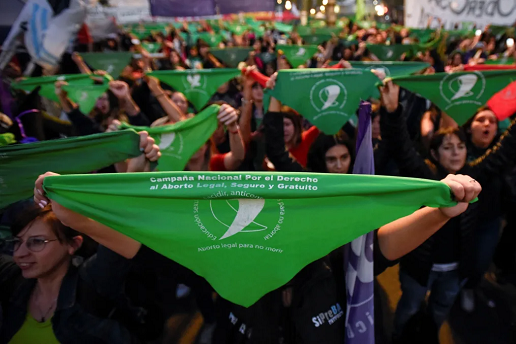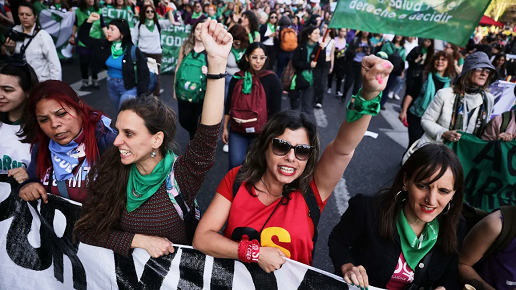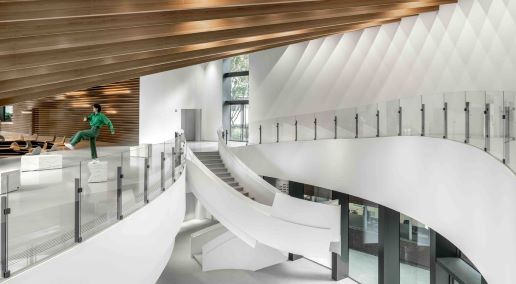Montecarlo, a small city in Misiones, Argentina, faces challenges in providing basic health services. María, a resident, faced obstacles when seeking an abortion in 2024 despite Argentina’s legal framework allowing abortions up to 14 weeks since 2021. Local hospitals were unable to provide the medication due to shortages, and María struggled to find affordable misoprostol. Ultimately, María sought help from Amnesty International, who intervened to ensure her access.
Argentina has faced a significant shortage of supplies for abortion access under the current government, with President Javier Milei halting purchases of necessary medications. Amnesty International, among other organizations, reports that barriers to accessing legal abortions have grown. Complaints have risen by 80% as citizens encounter difficulties in obtaining free medication. People hold green handkerchiefs during a demonstration in support of safe and legal abortion access to mark International Safe Abortion Day, in Buenos Aires, Argentina, September 28, 2023.
People hold green handkerchiefs during a demonstration in support of safe and legal abortion access to mark International Safe Abortion Day, in Buenos Aires, Argentina, September 28, 2023.
Mariana Nedelcu/Reuters/File
The lack of national supplies has forced some provincial governments to make direct purchases to maintain reproductive rights, leading to regional inequalities. Amnesty International highlights that access to legal abortion services plays a crucial role in reducing maternal mortality, emphasizing that this essential health service must be available to everyone as part of public health programs.





![[Dream Building] Hu Jiashang uses documentaries to connect the cultures of Sichuan and Taiwan , and Jiang Mengyun's video records promote agricultural knowledge and nature conservation](/Uploads/2024/Nov/111501M.jpg)

